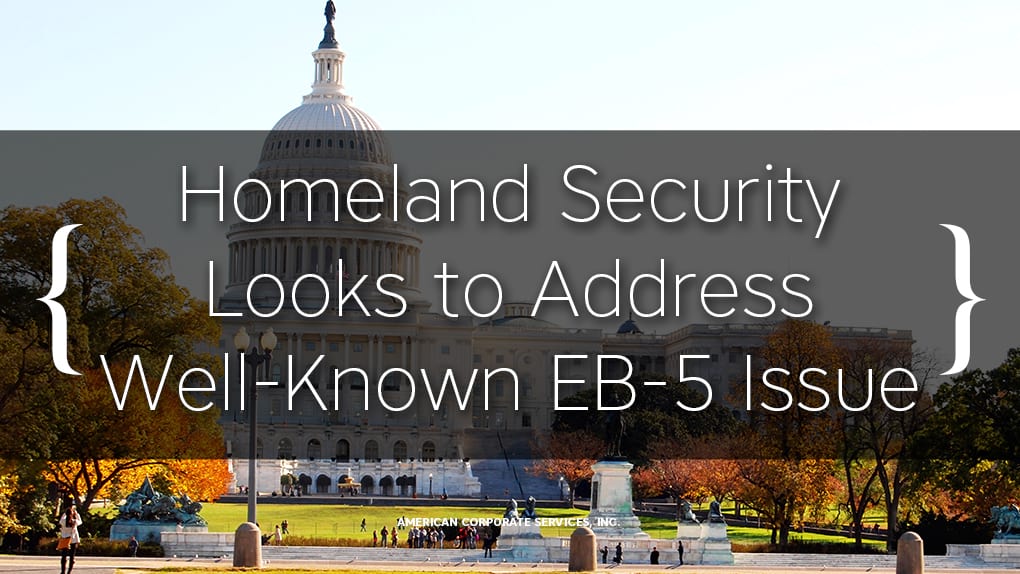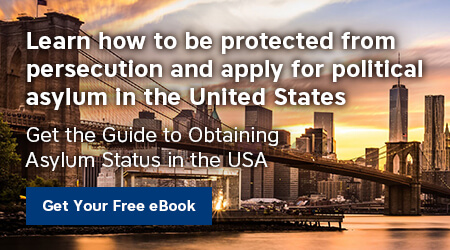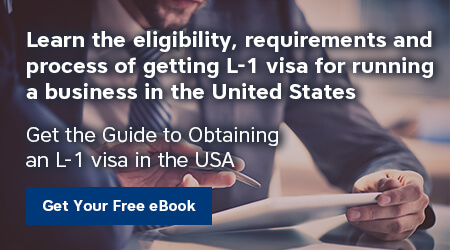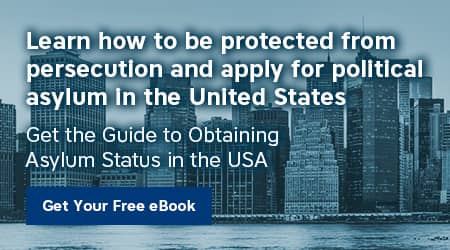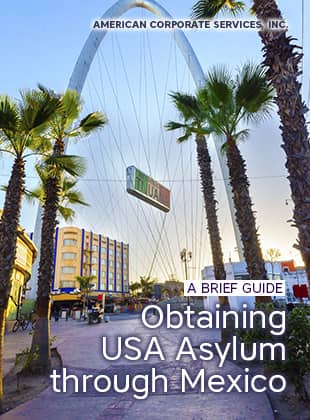More than a month ago, Secretary of Homeland Security Alejandro Mayorkas put forth a federal document proposing that the government ratify an action set forth by Acting Secretary Kevin McAleenan. The document was referring to what’s known as the “EB-5 Immigrant Investor Modernization Rule.” The rule, already well-known to immigration professionals, increased the amount of money that foreign investors would have to pay in order to qualify for a green card from $500k to $900k.
During his short stint as Secretary, McAleehan saw this action challenged in District Court with what was became known as the Behring Ruling. It stated that, due to his temporary position, McAleenan lacked the authority to raise the investment amount, effectively leaving the rule dead in the water. With his full authority unquestionable, Mayorkas is attempting to finally enshrine this rule into law.
Potential Conflict with the 14th Amendment
Unfortunately for Mayorkas, it’s not that simple. Many legal experts claim that the new rule seems to conflict with the 14th Amendment of The Constitution, which guarantees due process. Experts claim that since the District Court decided that Acting Secretary McAleenan was not properly appointed and, therefore, lacked authority to initiate the ruling, the regulation was void “ab initio.”
This means that it was, in legal terms, completely nullified. While there are allotments for correcting problems in an act or regulation, no body of law or state official can ratify something that’s been nullified. In their arguments, the District Court in Behring cited the Supreme Court Case of Jackson v. GMAC Mortgage, which classified such judgments as voidable based on the same issues regarding due process.
Specifically, one might argue that this case involves an issue of procedural due process as well as significant issues related to the authority of the individual attempting to institute the ruling.
Considering “Ex Post Facto”
Were the court to allow ratification in this matter, they would essentially be endorsing ex post facto legislation or “legislation in reverse.” By its very nature, due process does not allow for the passing of laws that regulate conduct that precedes that legislation. That is, later administrations cannot simply attempt to “legalize” illegal activities of a previous administration.
So, What Happens Next?
The only honorable thing to do at this juncture is to allow new regulations to be enacted by legal appointees acting in full compliance with due process. This includes providing adequate notice to any and all immigrants who might be affected by the new rule and giving them a chance to plead their own case.
However, even if this happens, it’s entirely possible that this new ruling will result in significant litigation, as it could easily be seen as the federal government “moving the goal post” midgame. The EB-5 investor program is already the subject of significant controversy, and this would only cause further confusion.
In the heads of most experts, the best and fastest solution would be for Congress to consider the matter and then create a law rectifying the issues. Still, it remains to be seen if Congress considers that to be in its purview.

